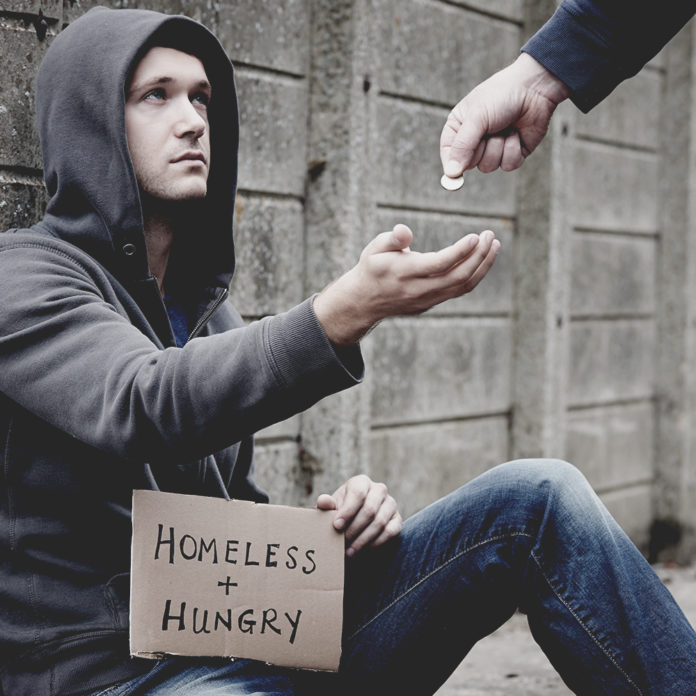
How do you define poverty?
Two men sitting in the side of a street in Cuba with some time on their hands were trying to figure this out.
Claudio turns to my friend Darin and says to him, “Imagine you go home tomorrow and you find that you have lost your job, you’ve been kicked out of your house and all your stuff has been repossessed, and someone has found your bank card and cleared out your whole bank account…”
# How long before you have your first meal?
# How many days before you can find a place to sleep?
# When will you have a new job?
Without blinking an eye, Darin responds: “I will not miss a meal. I will have a place to sleep for me and my family by tonight and depending on the situation it might take a couple of days or a week or two to find a new job.”
Claudio looks at him, “How did you do all that?”
Darin responds: “I called someone. I phoned a friend.”
They settled on one possible definition of poverty that day as referring to those people who don’t have that someone to call – the idea of being economically isolated.
SHOW ME THE MONEY
There is a story about the early church in the bible (which you can read about in the book of Acts chapter 2, from verse 42 to 47) which was formed after one of Jesus’ followers and closest friends, Peter, got up and preached a message and 3 000 people decided to follow what was called The Way.
This passage talks about how they would meet in each other’s homes and in the temple and have meals together and a whole lot of different stuff. But one line always stands out for me: ‘All the believers were together and they had everything in common. Selling their possessions they gave to anyone as he had need’ (verse 44-45).
They developed a culture of meeting the needs around them that they became aware of through relationship.
On Sundays mostly, throughout the world, as many church congregations meet together, in many of them there is a moment where there is an opportunity to take some money and put it into a bag or box or plate, and in most cases it is not known what happens to that money again.
While I am not suggesting for a second that we stop giving, I would love to encourage and challenge us all to become a little more interested in connecting our giving to the actual needs that exist in the lives of the people around us (and those further away).
COMMON CHANGE
Let’s go back to Claudio and Darin for a moment. That conversation they had on a dusty Cuban street ultimately led to an experiment happening among friends, and then much later an organisation that was called ‘Relational Tithe’ and now ‘Common Change’.
Through this organisation, groups of friends contribute money to a common purse or account and then share and try to meet the needs of people they care about and are in relationship with. It is certainly not the only way, but it is a really good way and over the last nine years something like $600 000 has been given to meet a wide range of needs all over the world.
I know this because I was one of those (my wife Val received important but expensive dental work we could not afford) and at least three of my friends have been as well.
As a result, Common Change has been brought to Africa.
Which is an easy sell because we already have had the widely popular concept of ‘Stokvel’ for many years, where groups of people contributing monthly into a pot and each month one person gets to keep the pot. And so Common Change takes the concept of ‘Stokvel’ but links it to specific needs.
FOLLOW THE MONEY
All of us can give something. If we truly don’t have any money then we have time and experience and skills to offer.
But most of us have some money we can give and as we dive into 2016, I want to encourage you to be intentional about your giving.
Whether it is your local church or a group of friends starting a Common Change group or simply as an individual or family, try to find the relationship in your giving. It can be easy sometimes to toss a few coins into a bag, or to pass a note out of the window to a nameless stranger at a traffic light or to let some group be the middle man to your giving and someone else’s receiving.
Make your giving personal. Perhaps it is investing in the life and family of the lady who helps clean your home or the man who works in your garden. Maybe it is building into the life and family of a neighbour on your street or someone you met at work or church who you know is going through a rough time. Don’t offer money without offering a little bit of yourself. It makes the giving so much more effective and meaningful, to both of you.
